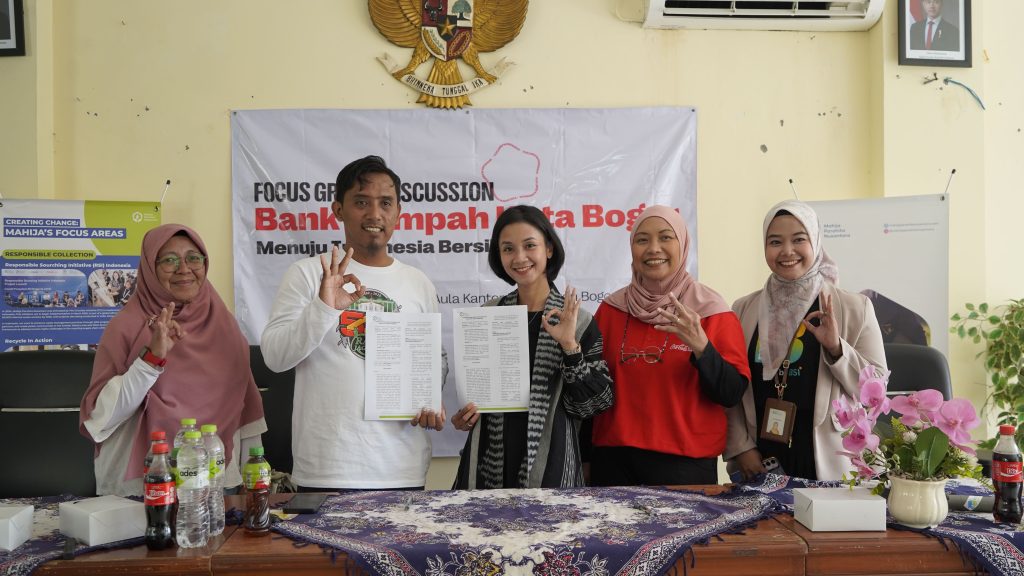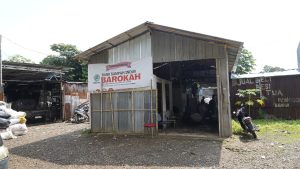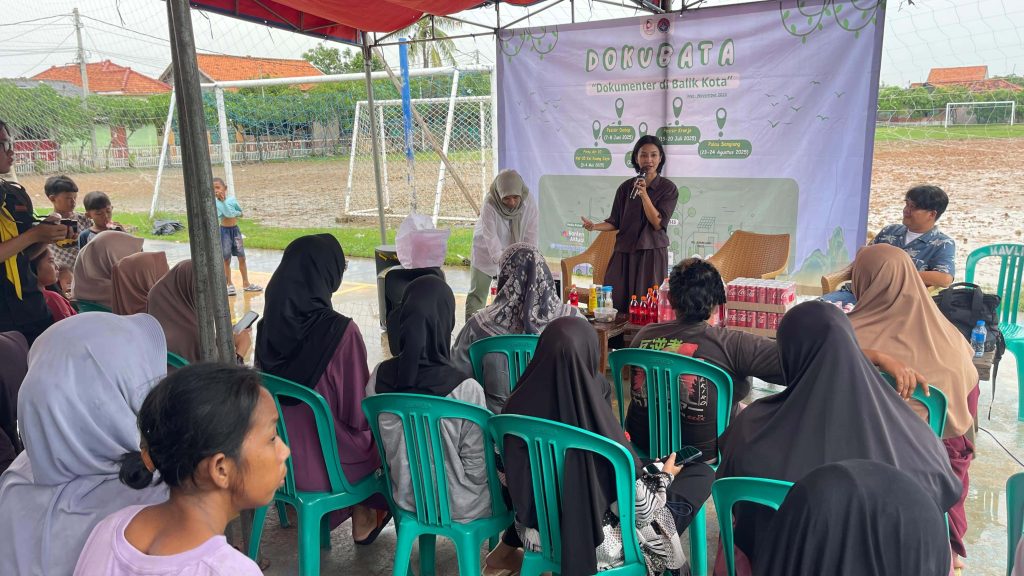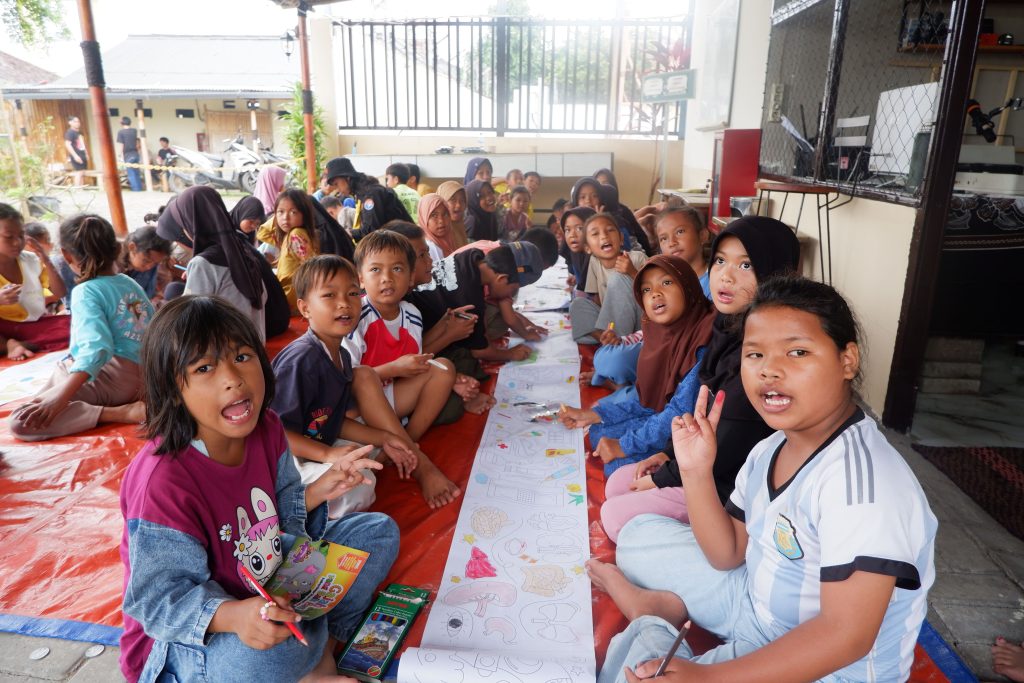BERITA
Mahija's Community Socialization to Create Real Impact
Throughout June 2025, Mahija continued taking real action on the ground through two educational activities aimed at helping people better understand waste management, especially the important role of waste banks in supporting a circular economy.
Collaboration with Bank Sampah Barokah in Bogor
The first activity took place in Bogor City with members of the Indonesian Waste Bank Association (ASOBSI), Bogor chapter.
On this occasion, we initiated a strategic partnership with Bank Sampah Barokah. The primary focus of this collaboration is to promote the collection of high-value PET plastic bottles and to strengthen circular economy practices in the Bogor area.

As part of the event, there was also a discussion session with ASOBSI Bogor. Ardhina Zaiza, Chairperson of the Mahija Parahita Nusantara Foundation, joined as a speaker and had the opportunity to directly engage in discussions about the challenges faced by waste bank owners.
This discussion helped Mahija to design more targeted and sustainable support for the waste bank ecosystem, enabling them to operate independently, effectively, and with meaningful impact.

This event also marked Mahija’s first PET bottle pickup from Bank Sampah Barokah, with a total of 400 kilograms collected. Going forward, we will continue collecting PET bottles along with colored bottles, labels, and plastic bags. This is part of Mahija’s commitment to collecting used PET bottles in a responsible way while also supporting the welfare of waste workers in the recycling supply chain.
Socialization for Fishermen’s Families on the Coast of Tangerang
From Bogor, Mahija extended its educational efforts to the coastal area of Pakuhaji, Tangerang, as part of the DOKUBATA event organized by a local university. In collaboration with a collection center—Berkah Mitra Perdana Sukses—Mahija educated residents on the importance of sorting household waste and recognizing the economic value of recyclable PET plastic bottles.

Using a friendly and simple approach, Mahija encouraged people to start sorting plastic bottles, bringing them to the waste bank, and recording the weight in a savings book. This introduced the idea of “waste savings” to the community, especially among housewives.
Mahija also brought the Mahija Mobile School to the event, giving children from the surrounding area the opportunity to learn through play, such as counting and coloring, while their mothers participated in waste management education sessions.

This community education effort isn’t just a one-off event, but part of Mahija’s long-term movement to create lasting impact. Through targeted public education, Mahija aims to foster greater awareness, care, and active participation in building a fair and sustainable recycling ecosystem.
Subscribe to our newsletter

Contact
- info @mahijaparahitanusantara.com
- +62 811-1233-258
- South Quarter Building
- Tower C LT P Unit A-l
- JL RA Kartini Kav 8, Cilandak Barat
- Jakarta 12430
Quick Links
© MAHIJA PARAHITA NUSANTARA
